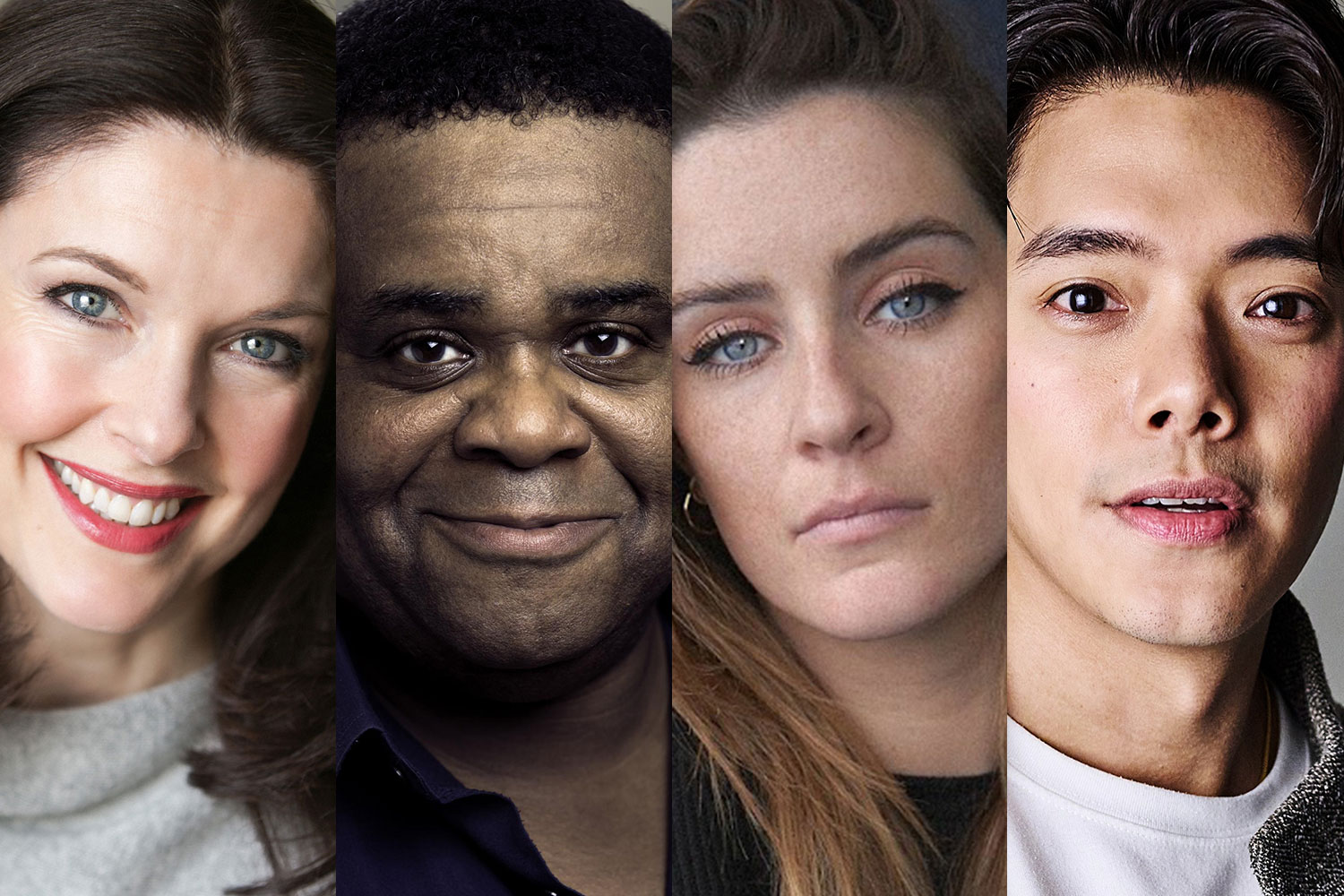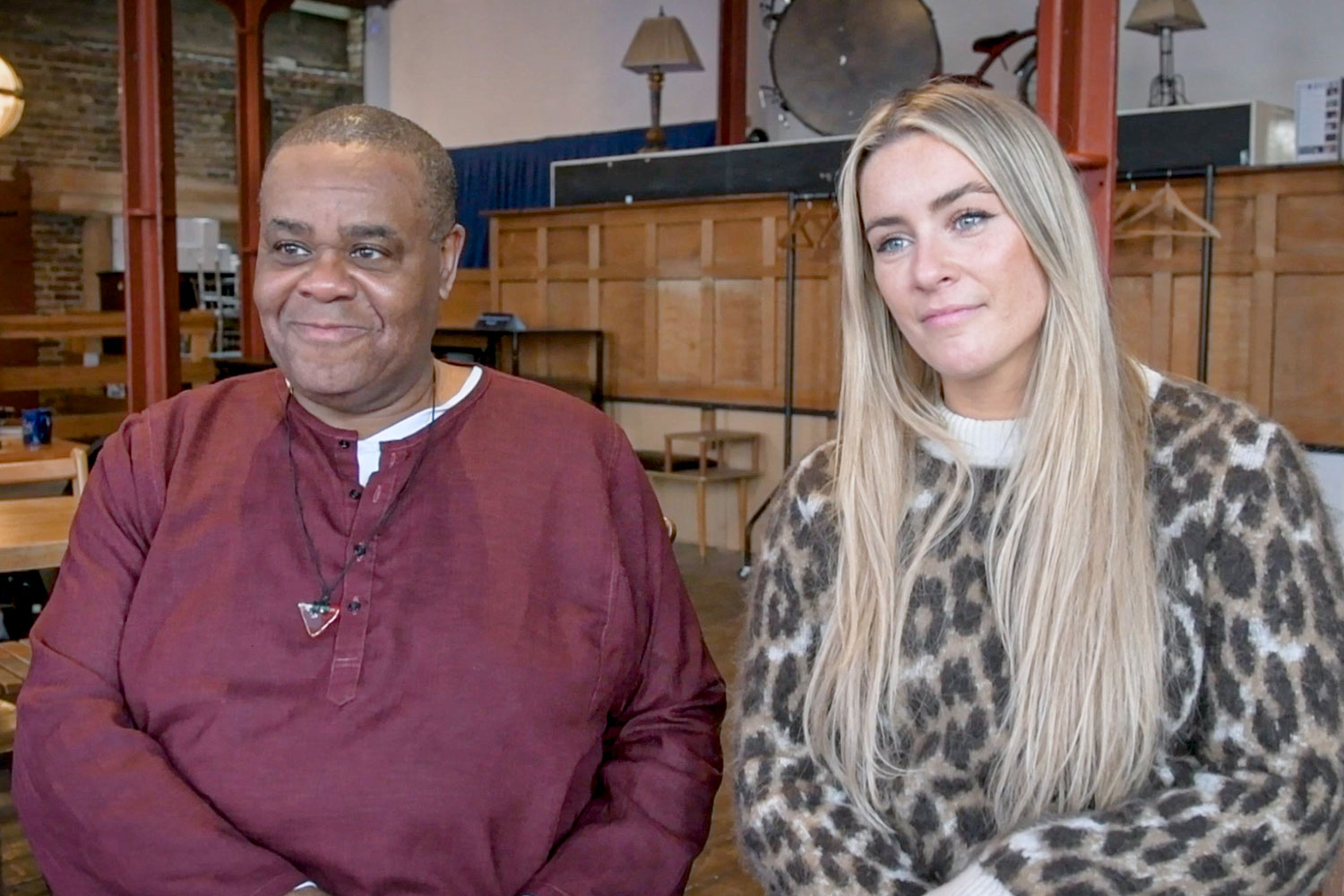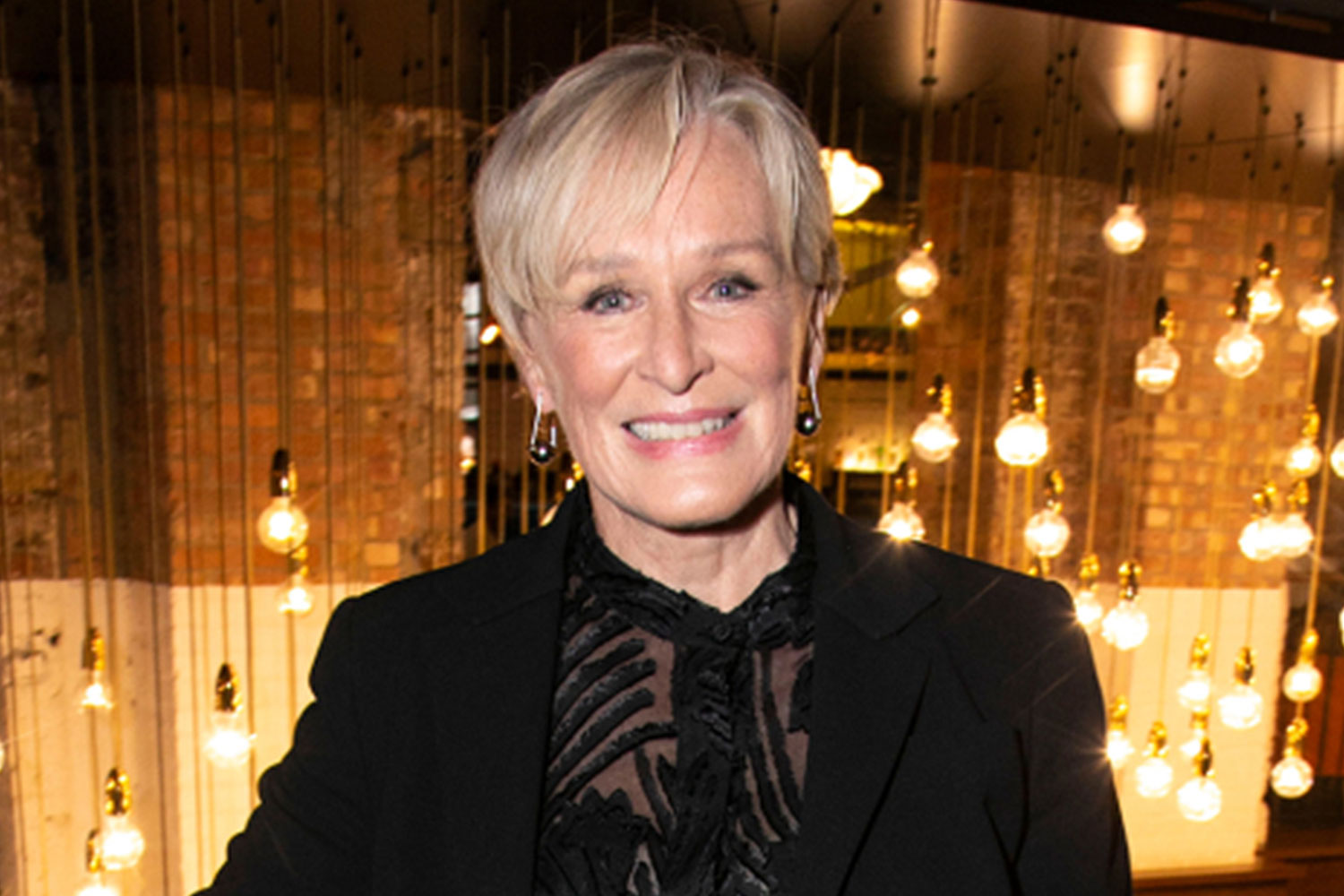Midnight’s Children (RSC)
Note: The following review dates from January 2003 and this production’s premiere at the Barbican Theatre in London.
Midnight’s Children is an important play but not an altogether successful one, at least not in its current, bloated form.
It’s based on Salman Rushdie’s novel of the same name, a modern classic published in 1981 and awarded the “Booker of Bookers” in 1993. The stage adaptation – two years in the making – has been undertaken by Rushdie, RSC dramaturg Simon Reade and Tim Supple (who also directs) and, frankly, I don’t envy them the task.
Midnight’s Children is a dense book. In some 500 sprawling pages, it traces the turbulent, topsy-turvy 20th-century history of the Indian subcontinent against the equally twisting-turning saga of one Muslim family and its heir, a nasally and telepathically endowed Saleem Sinai, as well as the other bizarrely gifted outsiders born at midnight on 15 August 1947, the moment of India’s independence.
On initial viewing, the first half of this world premiere staging of Rushdie’s epic is the most rewarding. Certainly, it’s these scenes – recapping three generations of Saleem’s family tree – that are most engaging and clear. But midway through the longer, more muddled second half, when you’re edging towards the three-hour mark and checking your watch continually, you realise blame must be apportioned from the outset. Is such detailed backstory necessary? Saleem, the protagonist and narrator, isn’t even properly ‘born’ into proceedings until an hour in and that’s an hour you want back by the end.
Not that saving 60 minutes could save the second half from its other problems. The writing triumvirate seem to have become either too bored or too rushed with their project by this point, and have sacrificed care as a result. Here’s where we get the over-reliance on John Leonard‘s back-projected video screens (huge and partitioned like the troubled land itself). At first, these are used to cleverly serve on-stage proceedings with maps, datelines, newsreels and the like; later, they more often supplant the action, with whole minutes given over to actors talking on film rather than performing live before us.
Also in the second half, we lose most of the main characters in one fell swoop. To the mainly Asian cast’s credit, they’re very effective in conveying the people panoply, much greater than their own 20-strong number. Rarely is there any confusion as to who’s who – the downside of this ever-changing assignment of roles is we don’t get sufficient time with any one character to really care about them.
The exception to this, of course, is Saleem, who’s on stage, commenting and/or participating throughout. This is a massive part for Zubin Varla and he’s evidently undaunted by it. It’s not really his fault that Saleem is so difficult to love: a little snooty, a lot snotty (two hours of snuffling, snorting and honking – and, a plotting niggle, how does he inherit his grandfather’s nose given the circumstances of his birth?), and egocentric in the extreme.
With more pruning, Midnight’s Children could become a compelling dramatic allegory, though, I suspect (particularly for lovers of the novel), only ever a shadow of its original form. As it is, it’s still a worthwhile endeavour bringing to the stage such an important novel about such an important period in world history.
– Terri Paddock










